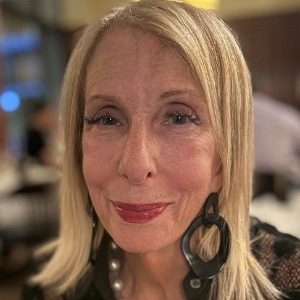Albright's Hereditary Osteodystrophy (AHO) is a rare genetic disorder characterized by skeletal abnormalities, hormone resistance, and developmental issues. It is caused by mutations in the GNAS gene, which plays a crucial role in regulating hormone signals in the body. Individuals with AHO often exhibit short stature, round face, and short bones in the hands and feet. Additionally, they might experience hormonal resistance, particularly to parathyroid hormone (PTH), leading to imbalances in calcium and phosphorus levels in the blood. A distinctive feature of AHO is the presence of characteristic skin abnormalities known as "subcutaneous ossifications" or ectopic bone formations under the skin. These calcified nodules can be felt as hard lumps beneath the surface of the skin. Furthermore, individuals with AHO might have intellectual disabilities, although the severity can vary widely among affected individuals. Treatment for Albright's hereditary osteodystrophy primarily focuses on managing symptoms. This may involve hormone replacement therapies to address hormonal imbalances and surgeries to address skeletal abnormalities if necessary. Genetic counselling and support services play a crucial role in helping affected individuals and their families manage the condition's challenges.






